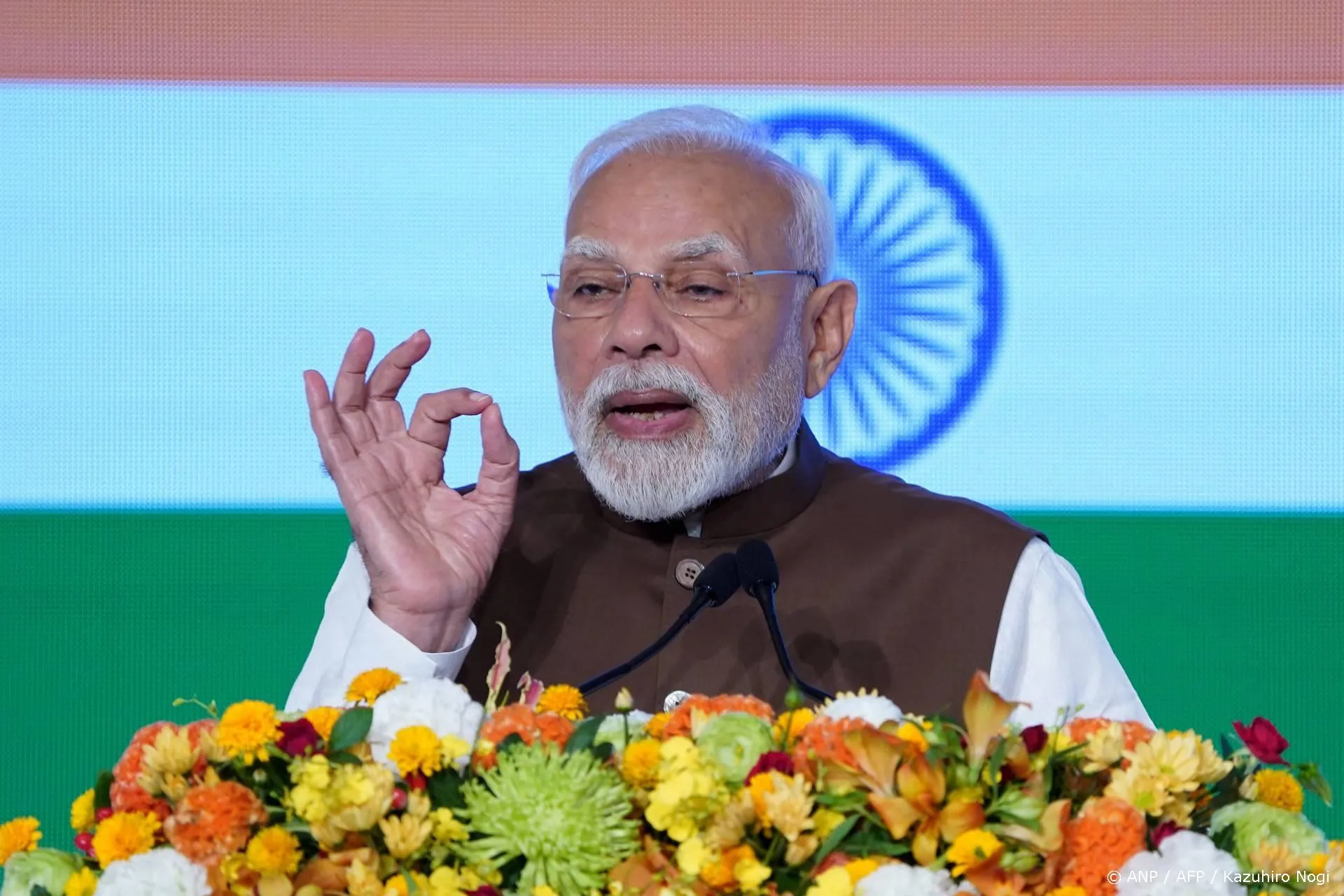Henk Tennekes: drie essays over klimaatmodellen
Eerder schonk ik aandacht aan een recente voordracht van Gerbrand Komen, voormalig directeur wetenschappelijk onderzoek van het KNMI, over klimaatmodellen. Een van zijn voorgangers, Henk Tennekes, heeft daarover ook onlangs gepubliceerd.
Het voordeel van emeriti is dat zij grote kennis en ervaring hebben en zich onafhankelijker kunnen opstellen dan hun jongere, nog actieve collega's. Die moeten namelijk zorgen dat de schoorstenen van de wetenschappelijke instellingen waar zij werkzaam zijn, blijven roken. Dat hoeft in beginsel niet zo bezwaarlijk te zijn. Op klimaatgebied is het dat echter wèl, omdat de richting van de financieringsstromen politiek is bepaald. De beschikbare fondsen gaan overwegend naar onderzoek, dat de belofte van bevestiging van de menselijke broeikashypothese (AGW = Anthropogenic Global Warming) inhoudt.
Het feit dat mensen als Komen en Tennekes nog publiceren getuigt voorts van hun liefde en enthousiasme voor de wetenschap, die aanstekelijk is. Maar belangrijker is misschien nog dat zij de samenleving van de ontwikkeling van hun inzichten laten profiteren, zodat er rationelere maatschappelijke keuzen kunnen worden gemaakt. Dat zou heel prettig zijn, want klimaatbeleid kost een vermogen en protagonisten en antagonisten van AGW zijn het er met elkaar over eens, dat het huidige beleid geen enkel meetbaar effect op het klimaat zal hebben. Dus: 'all pain and no gain.'
Eerder schreef ik dat zowel AGWers als klimaatsceptici zich in de analyse van Gerbrand Komen zouden kunnen vinden. Dat geldt m.i. minder of niet voor die van Henk Tennekes. Ik vrees namelijk dat vele AGWers daar grote moeite mee zullen hebben. Zouden zij zijn opvattingen namelijk aanvaarden, dan is daarvan de logische consequentie dat veel van het werk van het VN-Klimaatpanel (IPCC) op losse schroeven komt te staan en daarmee ook de wetenschappelijke legitimatie van het huidige klimaatbeleid komt te vervallen.
In zijn eerste essay gaat Henk Tennekes onder meer in op de invloed van oceanen op het klimaat. Maar daarmee wordt geen rekening gehouden!
Citaat:
A weather model deals with the atmosphere. Slow processes in the oceans, the biosphere, and human activities can be ignored or crudely parameterized. This strategy has been very successful. The dominant fraternity in the meteorological modeling community has appropriated this advantage, and made itself the lead community for climate modeling. Backed by an observational system much more advanced than those in oceanography or other parts of the climate system, they have exploited their lead position for all they can. For them, it is a fortunate coincidence that the dominant synoptic systems in the atmosphere have scales on the order of many hundreds of kilometers, so that the shortcomings of the parameterizations and the observation network, including weather satellite coverage, do not prevent skillful predictions several days ahead.
A climate model, however, has to deal with the entire climate system, which does include the worlds oceans. The oceans constitute a crucial slow component of the climate system. Crucial, because this is where most of the accessible heat in the system is stored. Meteorologists tend to forget that just a few meters of water contain as much heat as the entire atmosphere. Also, the oceans are the main source of the water vapor that makes atmospheric dynamics on our planet both interesting and exceedingly complicated. For these and other reasons, an explicit representation of the oceans should be the core of any self-respecting climate model. ...
Tennekes concludeert:
Claims about the predictive performance of climate models are built on quicksand. Climate modelers claiming predictive skill decades into the future operate in a fantasy world ...
In zijn tweede essay behandelt Henk Tennekes het probleem van korte-termijn calibratie van klimaatmodellen om meer inzicht te krijgen in de lange-termijn onregelmatigheden in het klimaatsysteem (in vakjargon: 'seamless prediction').
Citaat:
I wonder how short-term calibration of a long-term tool might help to unravel the longperiod irregularities in the climate system. The original meaning of the term seamless prediction was to express the idea that weather forecasting technology can be usefully extended to climate problems. The term was coined to consolidate the monopoly of GCM [General Circulation Models] technology in all kinds of weather and climate forecasting. However, in the paper by Palmer et al it refers to the reverse focus, where calibration is attempted by shrinking the time horizon. Alice gazing through the other side of the looking glass, as it were. The tail wags the dog here.
In zijn derde essay gaat Tennekes in op wetenschapsfilosofische kwesties, waarbij de implicaties van de gedachtengang van Lorenz en Popper voor klimaatmodellering analyseert. Maar hij begint mijn zijn eigen positiebepaling in het klimaatdebat.
Citaat:
Here in the Netherlands, many people have ranked me as a climate skeptic. It did not help much that I called myself a protestant recently. I protest against overwhelming pressure to adhere to the climate change dogma promoted by the adherents of IPCC. I was brought up in a fundamentalist protestant environment, and have become very sensitive to everything that smells like an orthodox belief system.
The advantages of accepting a dogma or paradigm are only too clear. One no longer has to query the foundations of one's convictions, one enjoys the many advantages of belonging to a group that enjoys political power, one can participate in the benefits that the group provides, and one can delegate questions of responsibility and accountability to the leadership. In brief, the moment one accepts a dogma, one stops being an independent scientist.
A skeptic, on the other hand, accepts both the burdens and the pleasures of standing on his own feet. One of the disadvantages a skeptic has to cope with is the problem of finding adequate research support. The other side of that coin is that an independent scientist has a great opportunity to think better and delve deeper than most of his or her colleagues.
Aan Lorenz ontleent hij het volgende:
Complex deterministic systems suffer not only from sensitive dependence on initial conditions but also from possible sensitive dependence on the differences between Nature and the models employed in representing it. The apparent linear response of the current generation of climate models to radiative forcing is likely caused by inadvertent shortcomings in the parameterization schemes employed.
En over Popper schrijft hij:
Karl Popper wrote (see my essay on his views):
"The method of science depends on our attempts to describe the world with simple models. Theories that are complex may become untestable, even if they happen to be true. Science may be described as the art of systematic oversimplification, the art of discerning what we may with advantage omit."
If Popper had known of the predictability problems caused by the Lorenz paradigm, he could easily have expanded on this statement. He might have added that simple models are unlikely to represent adequately the nonlinear details of the response of the system, and are therefore unlikely to show a realistic response to threshold crossings hidden in its microstructure. Popper knew, of course, that complex models (such as General Circulation Models) face another dilemma. I quote him again:
"The question arises: how good does the model have to be in order to allow us to calculate the approximation required by accountability? ( ) The complexity of the system can be assessed only if an approximate model is at hand."
From this perspective, those that advocate the idea that the response of the real climate to radiative forcing is adequately represented in climate models have an obligation to prove that they have not overlooked a single nonlinear, possibly chaotic feedback mechanism that Nature itself employs.
Conclusie:
The climate orthodoxy perpetrates the misconceptions involved by speaking, as IPCC does, about the Scientific Basis of Climate Change. Since then, I have responded to that ideology by stating that there is no chance at all that the physical sciences can produce a universally accepted scientific basis for policy measures concerning climate change.
Lees verder hier.
Kortom, een verkenning van de grenzen van de wetenschap door wetenschappers die daar goed over hebben nagedacht. Vergelijk dat eens met de stellige uitspraken van het VN-Klimaatpanel (IPCC)!
Ga verder met lezen
Dit vind je misschien ook leuk
Laat mensen jouw mening weten
Plaats reactie




